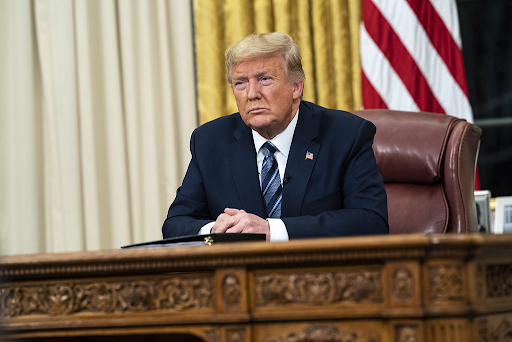Amid a major push for a Gaza peace deal, Donald Trump has blocked any potential Israeli annexation of the West Bank. His statement that he “will not allow it” may be a strategic move to build goodwill with Arab nations whose support is critical for the success of his administration’s 21-point plan to end the nearly two-year war.
This policy clarification directly addresses the primary concern of many key international players. European allies like the UK and France, as well as Arab nations led by Saudi Arabia, had engaged in a major lobbying effort to prevent US recognition of Israeli control over West Bank settlements. Trump’s statement signals that their message was heard.
The announcement creates a new dynamic for Israeli Prime Minister Benjamin Netanyahu, who was arriving in New York for a UN address. He must now balance the demands of his far-right coalition, which favors annexation, against the strategic priorities of the United States, his country’s most important ally.
The issue of annexation is highly explosive because it touches on the core of the conflict: the land itself. With 700,000 Israeli settlers living in the West Bank and East Jerusalem, any move to formally absorb the territory is seen as the final nail in the coffin for a two-state solution.
This strategic play by Trump comes as his administration is actively trying to broker a ceasefire in Gaza. The 21-point plan has been shared with regional powers like Qatar, Egypt, and Turkey. Trump expressed optimism about the talks, emphasizing his desire to see hostages returned and a lasting peace established.

